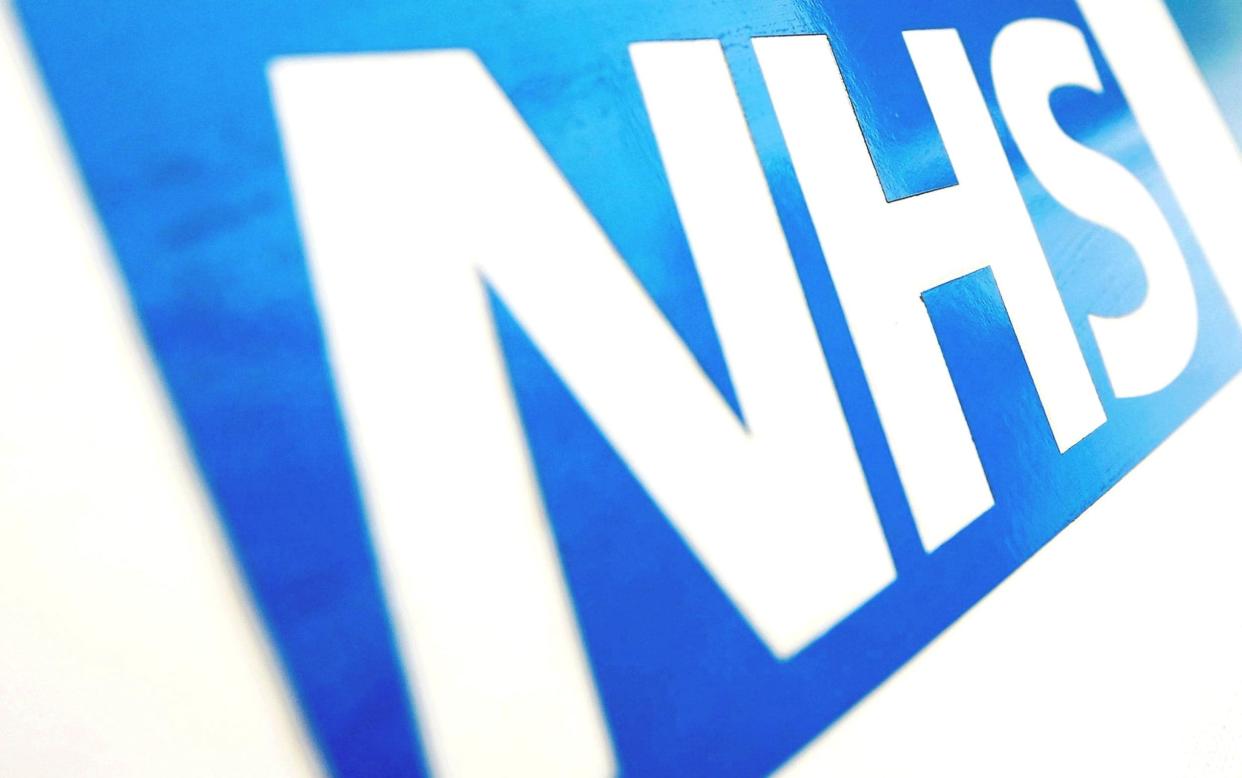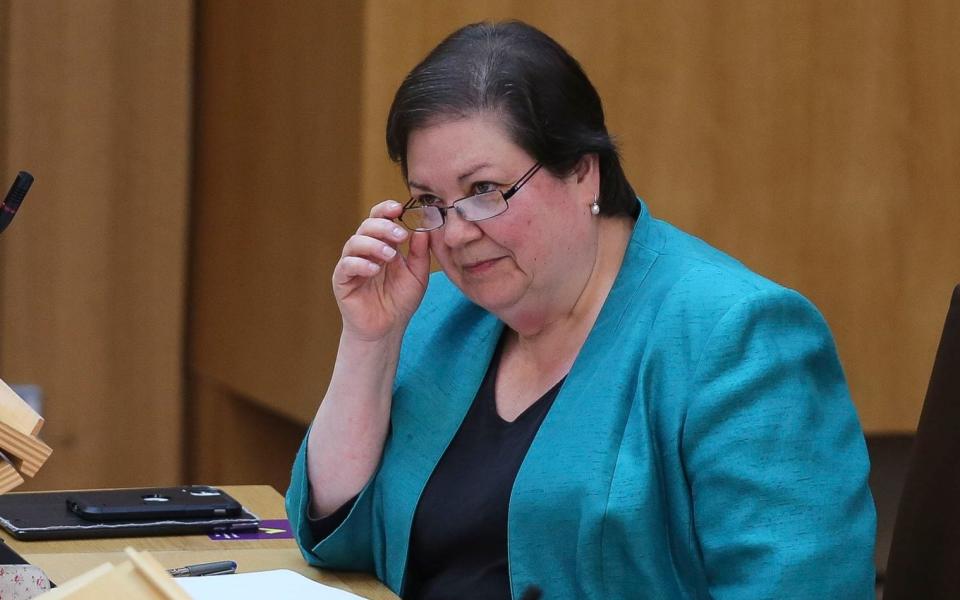Scotland warned of 'two-tier' healthcare system as increasing numbers are opting to go private

- Oops!Something went wrong.Please try again later.
- Oops!Something went wrong.Please try again later.
Scotland’s NHS crisis is creating a “two-tier” healthcare system, it has been warned, with increasing numbers of patients turning to private hospitals for treatment and those unable to pay left “languishing in pain”.
New figures show that the number of Scots opting to pay for treatment has surged by almost 50 per cent compared to pre-pandemic levels, as NHS boards delay non-emergency operations, such as hip and knee replacements, indefinitely.
The Private Healthcare Information Network (PHIN), which receives data from private hospitals, said that between April and June this year, 1,100 more people in Scotland had paid out of their own pockets for treatment, compared to the same period two years ago.
The 44 per cent surge in private patients, to around 3,400 over the three-month period, is likely to have risen since then, as waiting times spiral out of control.
Hospitals completely full
NHS Lanarkshire, the country’s third-largest health board, last week admitted that its hospitals were completely full and said a suspension on many non-urgent elective procedures, in place since August, would continue.
Meanwhile, the Spire private healthcare group, a leading provider in Scotland, has reported surging UK-wide revenues of more than 80 per cent as a result of an unprecedented rise in those paying for their own treatment.
It was claimed yesterday that all of Scotland’s mainland health boards are to formally call for military help to prop up services and to help deliver booster Covid vaccines, with the army already deployed to Lanarkshire, the Borders and Grampian. The NHS is nearing breaking point even before the start of the winter period, when hospitals traditionally come under the most strain.
"It is deeply worrying to see so many patients forced into the arms of private medicine due to the SNP's complete failure to re-start the NHS,” Jackie Baillie, Scottish Labour’s health spokeswoman, said.

“This is deepening inequality and creating a two-tier health system, where those who cannot afford private care are being left languishing on waiting lists in pain.
"We need the Health Secretary to get a grip of this crisis and act to ensure that the NHS is properly resourced and that the people of Scotland can get the treatment they are entitled to."
A YouGov poll commissioned by PHIN, an independent body, found that among a small subsample of Scottish residents, one fifth said the pandemic had made them more likely to consider private healthcare. However, many have concerns about the cost.
Humza Yousaf, the SNP Health Secretary, was yesterday urged to publish a new winter plan, setting out how the health service would cope over the coming months, due to fears that a previously announced £300million package would fall well short. The plan includes the hiring of hundreds of extra NHS staff, but fears have been raised that there are not enough workers to fill the vacancies.
Threat from Cop26
Speaking to the BBC, he admitted that the NHS was in store for the “most challenging” winter in its history and admitted the upcoming Cop26 climate summit in Glasgow, which will see around 30,000 delegates arrive from all over the world, could make matters worse by driving up Covid cases.
It emerged at the weekend that NHS Greater Glasgow and Clyde, the country’s largest health board, has been cancelling or rescheduling hundreds of face-to-face appointments in an effort to reduce road congestion.
Mr Yousaf admitted there was “absolutely a risk” of coronavirus cases rising as a result of the 13-day summit.
However, he rejected claims from a series of experts, including Devi Sridhar, a leading public health expert and influential adviser to Nicola Sturgeon, that the rise would be so severe that restrictions would have to be reimposed on society.
"We're not actively considering restrictions," Mr Yousaf said. "We know the harm restrictions have had in the past.”
However, he said it would be “foolish” to speculate over whether harsher rules would be needed by Christmas.
Alex Cole-Hamilton, the Scottish LibDem leader, claimed Glasgow was “spectacularly unprepared” for the climate conference.
Help from the army
“The NHS is already overwhelmed, it will struggle to cope with the extra added pressure an event like Cop26 will bring,” he said.
"The Health Secretary was only able to offer smoke and mirrors. The health boards had to ask for help from the army to carry out the booster program, a hospital in Lanarkshire triggered code black [the most severe alert level] due to staff shortages, we are clearly still in a crisis with no concrete solutions in sight.
"Covid is still a threat and NHS Scotland is about to face its worst winter yet. I urge the SNP government to deliver a real, revised and improved winter package to protect and support our NHS."
Addressing the rise in patients going private, Matt James, chief executive of PHIN, said: “With hundreds of thousands of NHS and private elective operations lost in 2020 due to the pandemic, and waiting lists consistently in the news, it is perhaps unsurprising to see people considering self-funding private treatment even if they had not done so previously.
“We would say to all those thinking about this route to make sure they are fully informed so they make the choices that are correct for them and to avoid surprises.”

